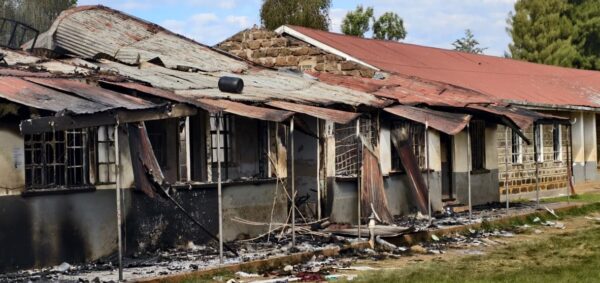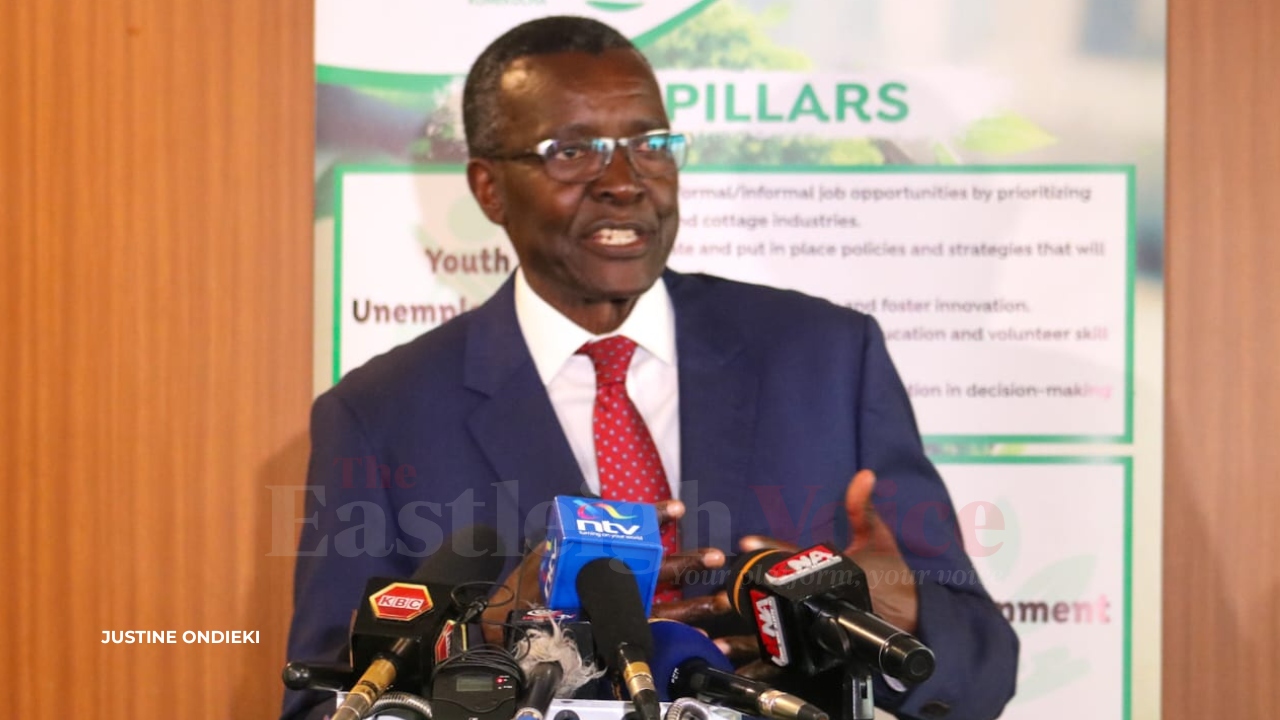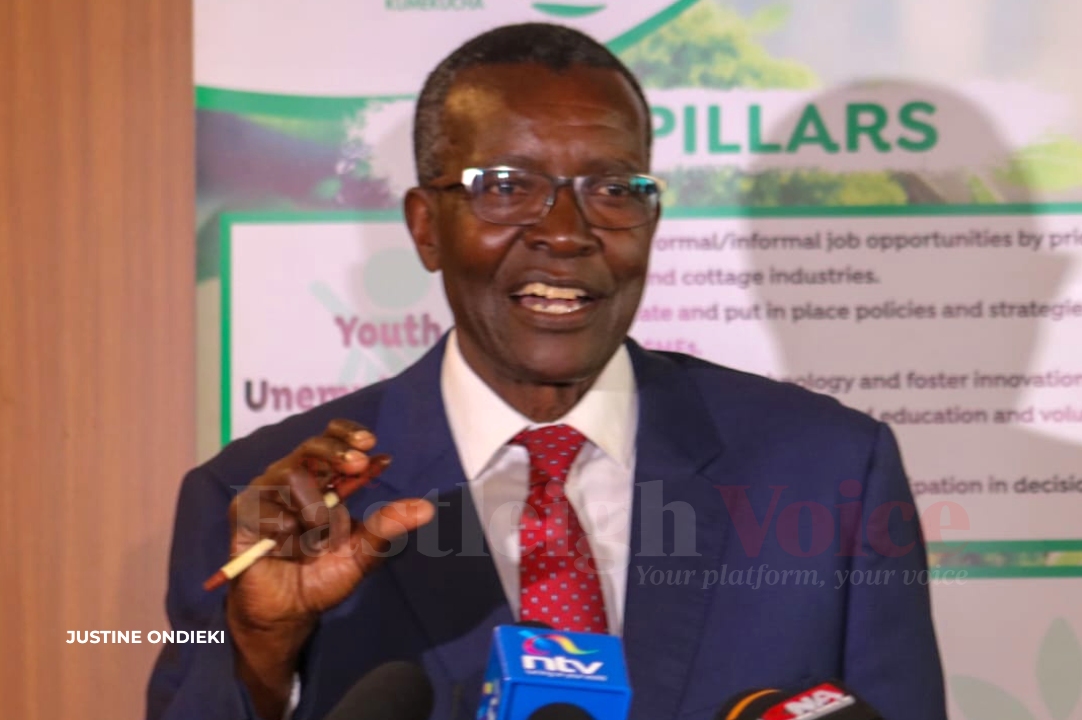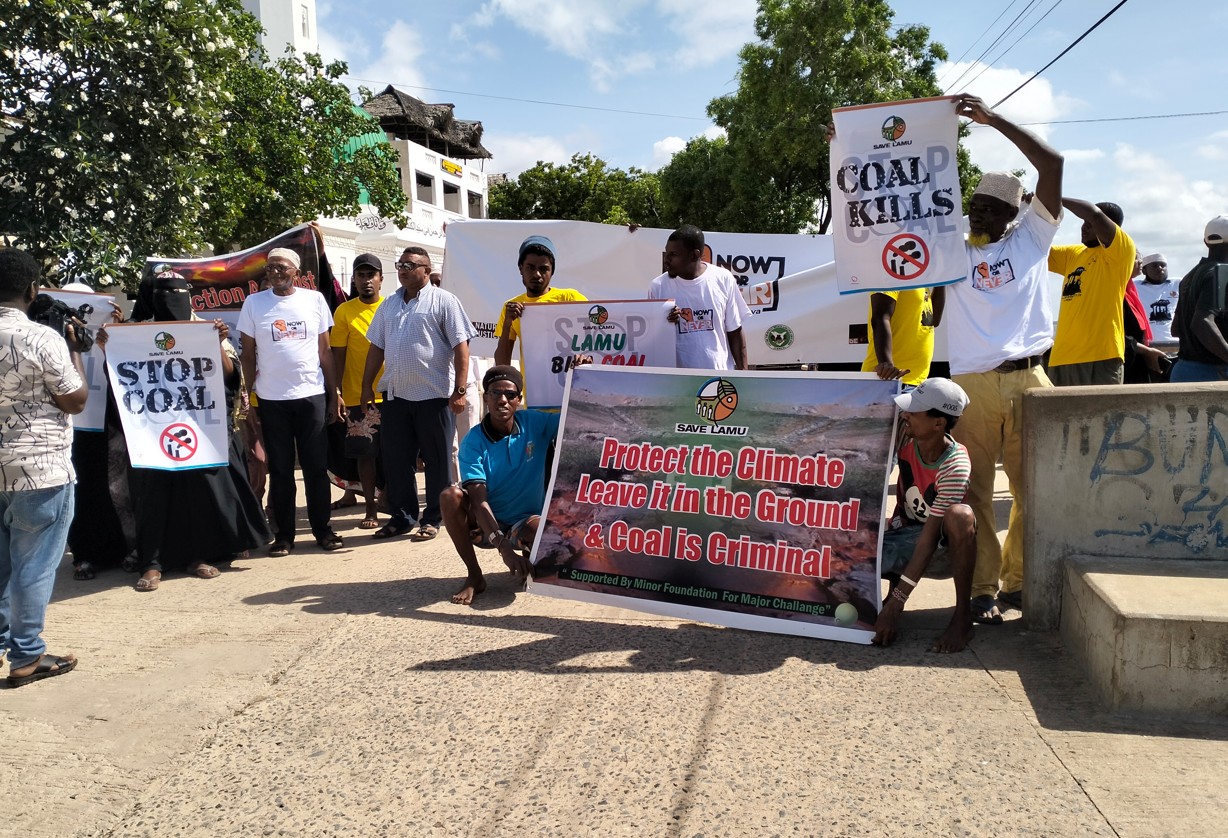Mpox outbreak not under control in Africa, warns Africa CDC
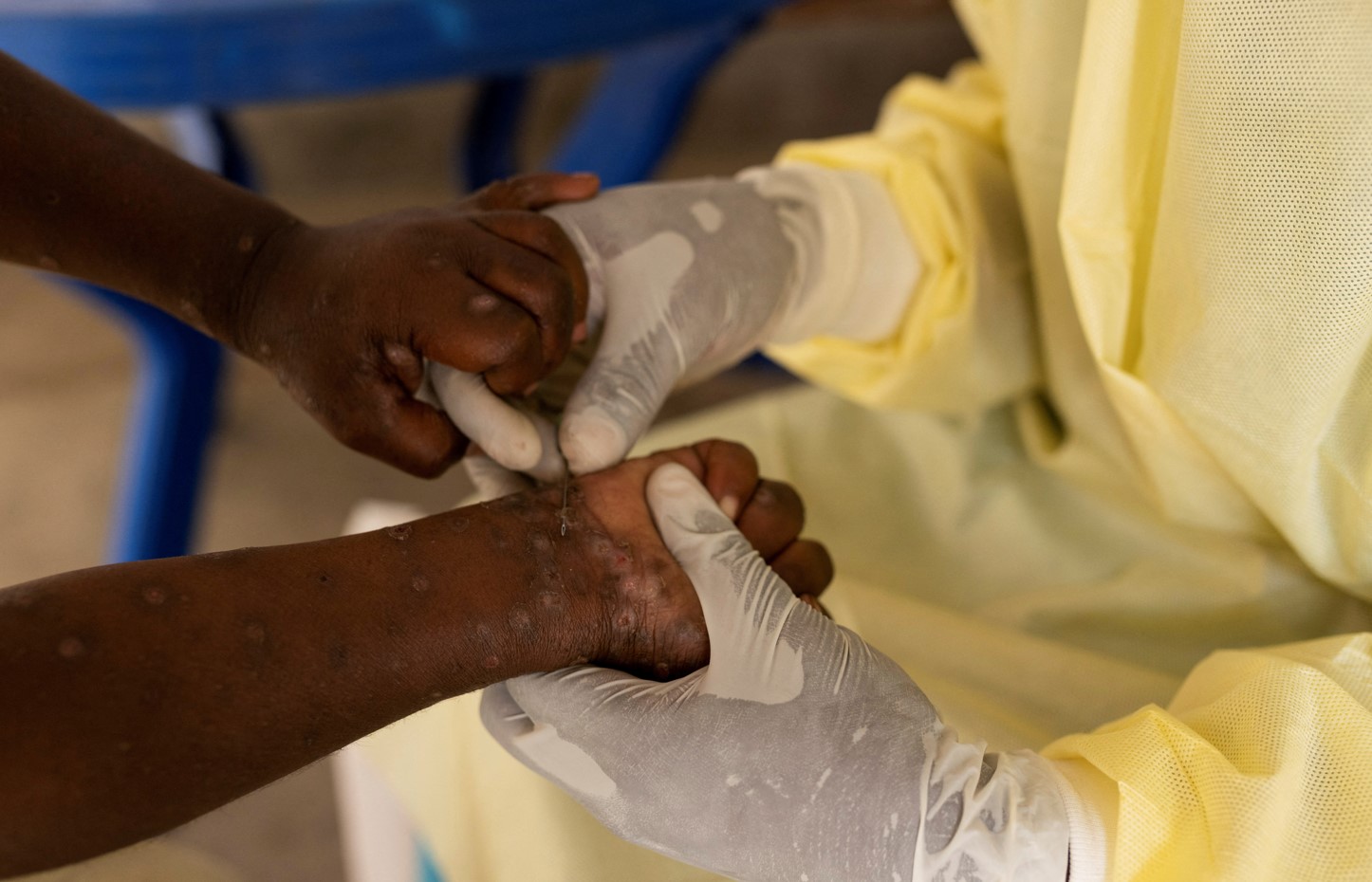
The Africa CDC reported that 177 per cent surge in mpox cases and a 38.5 per cent increase in deaths compared to the same time last highlighting the urgency of the situation.
The mpox outbreak in Africa remains uncontrolled, according to a recent update from the Africa Centres for Disease Control and Prevention (Africa CDC).
In a press briefing on Thursday, Director General Jean Kaseya stated that the CDC is conducting studies to identify gaps that need to be addressed, particularly in regions like the Democratic Republic of Congo (DRC).
More To Read
- Africa CDC, UNAIDS sign deal to strengthen HIV response, epidemic preparedness
- Turkana moves to safeguard health with bold One Health Bill
- When fever leads to seizures: What every parent needs to know
- Kenya to introduce mandatory sickle cell screening during maternal, child health visits
- Mpox cases in Africa surpass 190,000, deaths near 2,000: Africa CDC
- Kenya battles rising mpox infections as WHO lifts global emergency
The CDC has raised concerns about the increasing death rates in DRC compared to other regions, such as Burundi, which has reported no deaths so far.
"We still have people dying from mpox in Africa. In one week, we lost 14 people," he said.
The Africa CDC reported that 177 per cent surge in mpox cases and a 38.5 per cent increase in deaths compared to the same time last highlighting the urgency of the situation. "Mpox is not under control in Africa. The rise in cases is concerning for all of us."
In the past week alone, there were 2,912 new cases, including a report from Morocco, marking the disease's spread across all four regions of the continent. So far, 15 out of the 55 member states of the African Union have confirmed cases.
Kaseya noted that 14 people died from mpox within a week and pointed out that in some countries, like Cameroon and the DRC, two strains of the virus are circulating. However, insufficient surveillance and testing capabilities hinder the ability to assess the situation in other countries.
While Rwanda has already launched its vaccination campaign, the DRC, which is the outbreak's epicentre, is set to begin vaccinations in early October.
“We are committed to supporting countries based on their needs and ensuring that Africa receives the 10 million vaccines required.”
According to the WHO Global Report on Mpox, DRC has recorded 27 confirmed mpox deaths, with 25 occurring in 2024 as of August 25. In 2023, the DRC reported a total of 14,626 mpox cases and 654 deaths, yielding a case fatality rate (CFR) of 4.5%, the highest in the WHO African Region.
Kenya's response
The Ministry of Health is intensifying its preparedness and response efforts against Mpox, following the confirmation of five cases in Kenya. Public Health Principal Secretary Mary Muthoni emphasised the implementation of enhanced screening and response measures during her visit to the Llasit and Namanga border points in Kajiado County.
“So far, we have screened over 800,000 individuals at all entry points. We’ve sent 150 samples to our national laboratories, with 143 negative results and 2 pending,” Muthoni stated.
To combat the outbreak and reduce the risk of importation from neighbouring countries like Uganda and the DRC, the Ministry has developed a National Mpox Preparedness and Response Plan.
This comprehensive plan, estimated to cost Sh6.7 billion, includes:
Other Topics To Read
Local containment: Sh1.7 billion allocated for community surveillance, training health workers, and providing PPE and sanitation supplies.
Regional control: Sh2.3 billion for managing cases in five or fewer counties, with Sh941 million focused on training health workers.
National response: Sh2.6 billion for addressing cases in five or more counties, covering sensitisation, contact tracing, infection prevention, and laboratory support.
High-risk areas identified include Busia, Bungoma, Eldoret, and others along key routes from Uganda to Mombasa.
Muthoni stressed the importance of risk communication, stating that all travellers must be screened at border points. The Ministry is working closely with county governments and other agencies to strengthen preparedness across borders.
Top Stories Today

